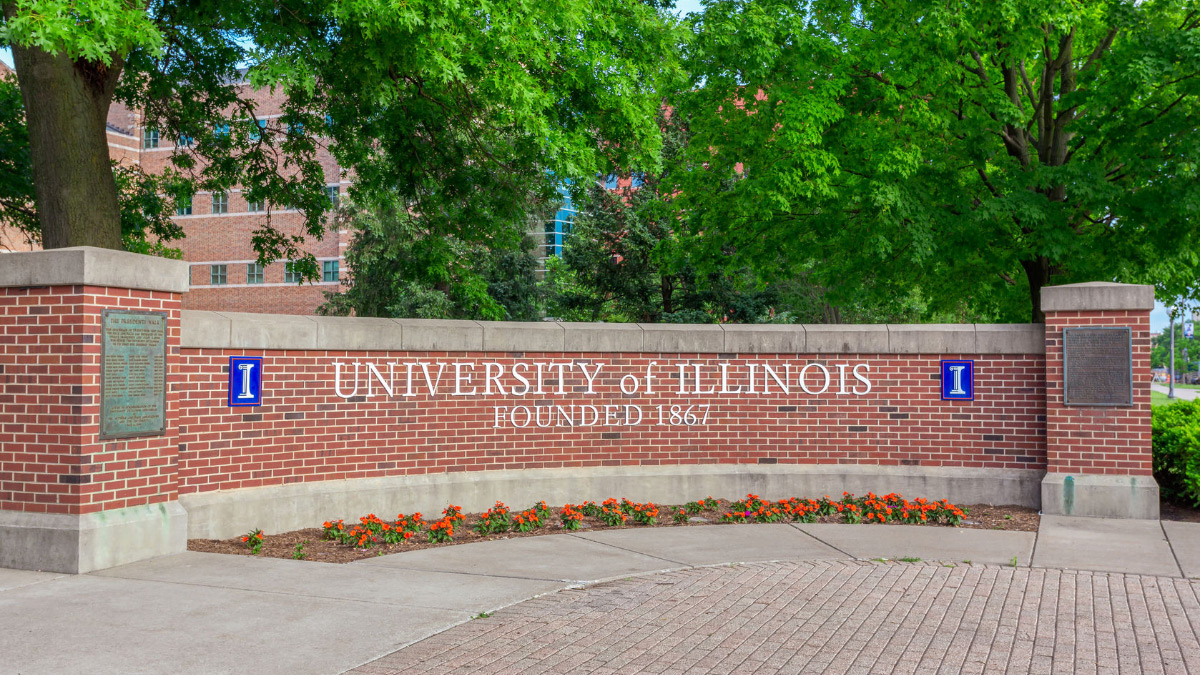People facing huge losses from adverse events often buy insurance to cushion potential losses. Think of homeowners buying insurance against fire or other natural disasters. According to a news report in Inside Higher Ed, one of my alma maters, the University of Illinois (U of I) is paying $424,000 a year to insure itself against a drop in tuition revenue from Chinese students. The colleges of business and engineering at U of I are very dependent on the tuition they collect from students from China, who pay high out-of-state tuition fees to attend. Tuition from Chinese students makes up a fifth of the business college’s revenue, according to Inside Higher Ed. A large decline in income can be extremely hard for schools with high fixed costs (e.g., salaries of tenured professors) to absorb. One way to handle the problem is to maintain large cash reserves, but the U of I has hit on another solution, somewhat novel to higher education but familiar to individuals who insure against bad health, loss of jobs (through government unemployment insurance), and even death.
The U of I approach would never have happened a generation ago. State governmental support was relatively generous, and tuition fees often provided flagship state universities with only perhaps 20% of their revenue --not inconsequential but not dominant either. That has changed. In the U of I’s case, the dysfunctional Illinois state government’s inability to pass a budget caused a huge cash flow crisis not long ago that state universities painfully muddled through. U of I out-of-state undergraduate students pay tuition of roughly $35,000 annually, but their presence on campus typically adds smaller amounts to instructional costs, so they are profitable financially. A small army of American university headhunters scours China looking for affluent students who can pay full freight. China’s increased economic affluence is American higher education’s gain, although as China races to catch up, creating its own world-class universities, that temporary gain might ultimately dissipate.
I strongly suspect most of the U of I’s nervousness about its Chinese enrollment has more to do with American immigration policy than with the fickleness of Chinese consumers (students). American governmental policies towards visitors and immigrants are arguably irrational and in need of revision. While it is in American higher education’s interest to encourage scholarly inflows by reducing visa requirements, that is complicated by another concern: national security. The FBI apparently spends much time on college campuses these days trying to prevent the theft of valuable intellectual property and no doubt other potential threats to our national security.
Presumably, the Gies College of Business at the U of I still teaches insurance. Maybe some entrepreneurial faculty member can work with university officials to start a company to insure universities over the loss of Chinese students. Globalization has certainly come to campus big time.













